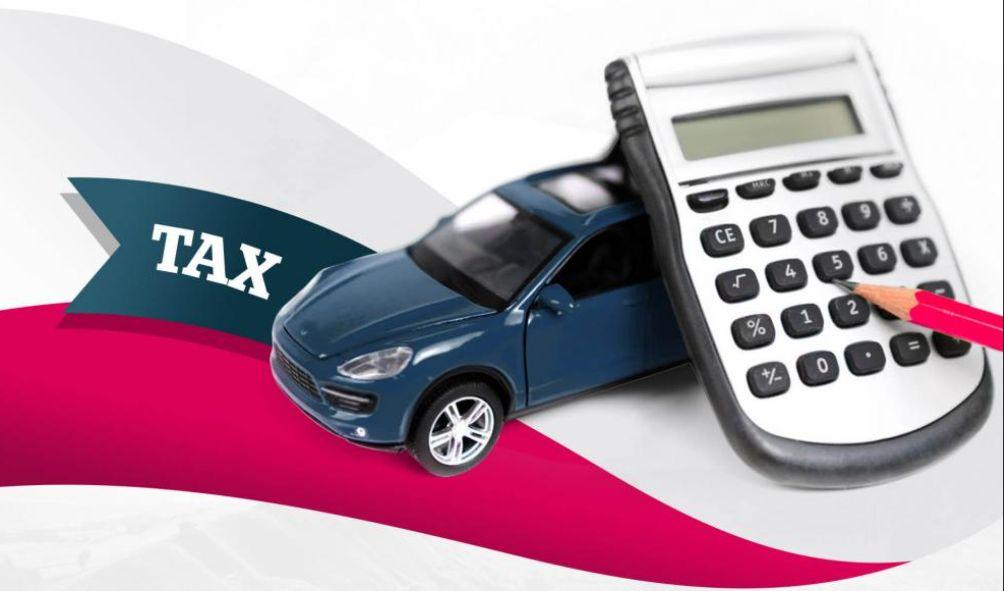Kenyan Insurers Warn Against Proposed Motor Vehicle Tax, Predict Mass Shift to Third-Party Insurance
Car insurers are sounding the alarm about a possible mass shift of Kenyan drivers to third-party insurance if the National Assembly approves the proposed motor vehicle tax in the Finance Bill, 2024.
In a press statement released on Friday, the Association of Kenya Insurers (AKI) urged lawmakers to reject the proposed tax, highlighting its negative impact on both the insurance industry and motorists.
AKI predicts that many will opt for third-party insurance, which only covers damages to others in the event of an accident. This insurance type provides protection against injuries, vehicle damage, property damage, and death caused by the insured vehicle, but it does not compensate for accidents caused by drunk driving.
The Finance Bill, 2024, proposes a motor vehicle tax of 2.5 percent of the vehicle’s value, capped at Ksh100,000.
Tom Gichuhi, the Executive Director of AKI, stated that this new tax would significantly increase motor insurance costs. Currently, the average comprehensive insurance premium rate is 5 percent, and with the additional 2.5 percent, the total premium rate would rise to 7.5 percent.
“With motor vehicle insurance being mandatory in Kenya, we expect a significant shift towards third-party insurance if this tax is implemented. Motorists would face greater risks, as they would only be covered for third-party liabilities, leaving their own vehicles unprotected in accidents. This could lead to significant out-of-pocket expenses for repairs or replacements,” Gichuhi explained.
Insurers also warned that a shift to third-party coverage would reduce their income, thereby lowering corporate tax contributions. Additionally, a decline in insurance income could lead to workforce downsizing, further reducing employee tax revenues for the government.
“While we understand the need to expand our tax revenue to support a growing economy, we advocate for creating a business-friendly environment. This approach would lead to substantial and sustainable tax collection. It requires continuous collaboration with all stakeholders to ensure a strong and thriving business ecosystem,” Gichuhi noted.
ALSO READ:
- Why Money Collected From Tourists Was Banked in Swiss Accounts – Gov’t
- Hanna Cheptumo Says Her Family Is Worth Ksh.420 Million During Cabinet Vetting
- Ruto’s Gender CS Pick Blames Femicide on ‘Greedy Women Chasing Money’ — Claims Education and Independence Could Stop the Killings
- Kelvin Kiptum’s Father Demands Justice and Compensation from President Ruto
- Fuel Prices Drop in Kenya: EPRA Announces New Rates for April 2025
Kuria Kimani, MP for Molo Constituency and chair of the National Assembly Finance Committee, sparked controversy earlier this week by defending the government’s proposal to tax car owners through the motor vehicle tax. “In more advanced economies, there are elaborate and efficient public transport systems,” Kimani told NTV in an interview.
He added, “Whenever investors consider investing in our public transport system through public-private partnerships, feasibility studies show that our preference for driving cars hampers foreign investment.”
Kimani argued that Kenyans prefer using cars because the public transport system is not yet “elaborate” enough and suggested that with better alternatives, they would opt against using cars.
AKI has joined a growing chorus of opposition against the motor vehicle tax. “We urge the National Assembly to reconsider the proposed motor vehicle tax, as its implementation would have wide-ranging negative effects on both the insurance industry and the broader economy. As the representative body of the insurance sector, we are ready to engage continuously with all stakeholders to foster a sustainable business environment,” AKI stated.
Kenyan Insurers Warn Against Proposed Motor Vehicle Tax, Predict Mass Shift to Third-Party Insurance
